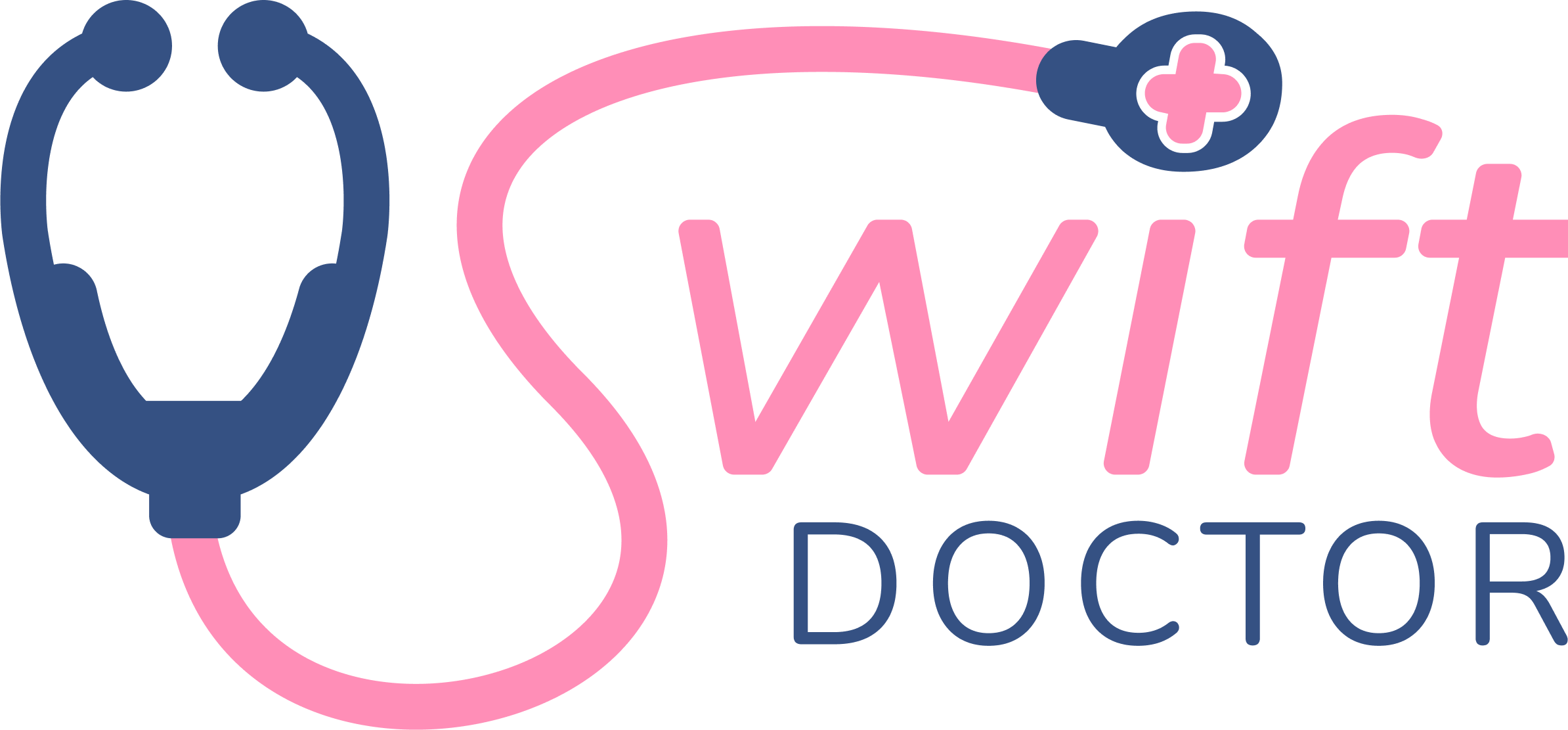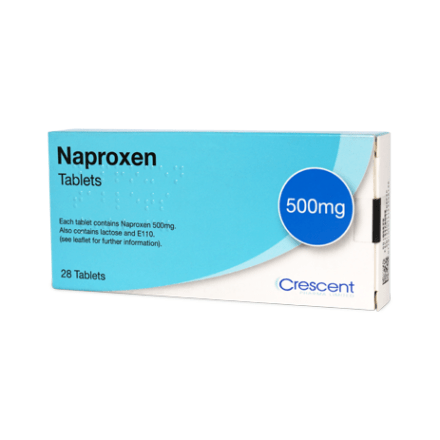Naproxen

Fastest delivery:
Order by 12:00pm
-

GMC and GPhC-regulated clinicians
Expert care from GMC and GPhC-regulated clinicians. Trust in professional medical advice and treatments tailored to your needs.
-

100% UK-based pharmacy
Our team of doctors and prescribers, and our support staff, are all UK-based.
-

Free support and advice
We're on hand to offer free support and advice by email and telephone (Mon - Fri 08:30 - 17:00).
-

GP-Led Prescribing
Expert care from GP-led clinicians. Receive professional, trusted medical advice and treatments tailored to your needs.
Description
What is Naproxen?
Naproxen is a nonsteroidal anti-inflammatory drug (NSAID) that is used to relieve pain and inflammation. Naproxen is used to treat various conditions, such as headaches, muscle aches, arthritis, menstrual cramps, and tendinitis. It can also be used to reduce fever and is available as an over-the-counter (OTC) medication and as a prescription drug.
How Does Naproxen Work?
Naproxen works by blocking the action of chemicals in the body called cyclo-oxygenase (COX) enzymes. These enzymes help to produce other chemicals called prostaglandins, a type of chemical that causes pain and inflammation when produced at damaged or injured areas of the body. Naproxen's inhibition of COX enzyme activity reduces the amount of prostaglandin produced, thus relieving the body of any symptoms.
Warnings
- Always inform your doctor of any underlying medical or allergic conditions you experience.
- Inform your doctor of any prescription medication you are currently using.
- Inform your doctor of your pregnancy or breastfeeding status before taking Naproxen.
- Do not take Naproxen if you have liver, kidney or heart conditions without your doctor's approval.
Directions
Follow the instructions given by your doctor, or read the information provided in the product leaflet when self-medicating.
- Naproxen can be taken with or without food, as long as you do not suffer from stomach upsets.
- Naproxen is typically taken two or three times per day. The dose will vary depending on the condition being treated.
- If you are taking Naproxen tablets, do not crush or chew them, instead, swallow them with plenty of water.
- When taking the suspension, shake the liquid well to mix it evenly before use.
- The recommended dose for rheumatoid arthritis is 500mg-1g a day, to be taken in two doses at twelve hourly intervals.
- To treat gout, you should take an initial dose of 750mg, followed by 250mg after every eight hours until the attack has passed.
- For painful periods, or muscle and bone disorders, take an initial dose of 500mg, followed by 250mg every 6-8 hours. After the first day, you can take up to 1250mg per day.
Ingredients
The active ingredient in each tablet is Naproxen 250mg
The inactive ingredients are Maize starch, Purified talc, Methacrylic acid-ethylacrylate copolymer, Lactose, Xanthan gum, Titanium dioxide, Magnesium Stearate, Crospovidone, Propylene glycol, Potassium sorbate, Sodium hydroxide, Triethyl citrate, Sodium citrate, Hydroxypropyl cellulose, and Beeswax among others.
Side Effects
Side effects can include:
- Bleeding from the stomach or intestines
- hypertension
- Liver damage
- Diarrhoea
- Nausea
- Constipation
- Asthma attacks
If you suffer any serious or prolonged side effects, contact your healthcare provider.
FAQs
1. Can I take Naproxen with food?
Yes, it's recommended to take it with food or milk to avoid stomach upset.
2. How often can I take Naproxen?
Typically every 8 to 12 hours as prescribed, but do not exceed the maximum daily dose.
3. Is Naproxen suitable for children?
It is usually not recommended for children under 12 unless prescribed by a doctor.
4. Can I take Naproxen with other painkillers?
Avoid combining with other NSAIDs. However, it can usually be taken with paracetamol; consult a healthcare professional first.
5. What if I miss a dose?
Take it as soon as you remember, but skip if it's close to the next dose. Do not double up.


